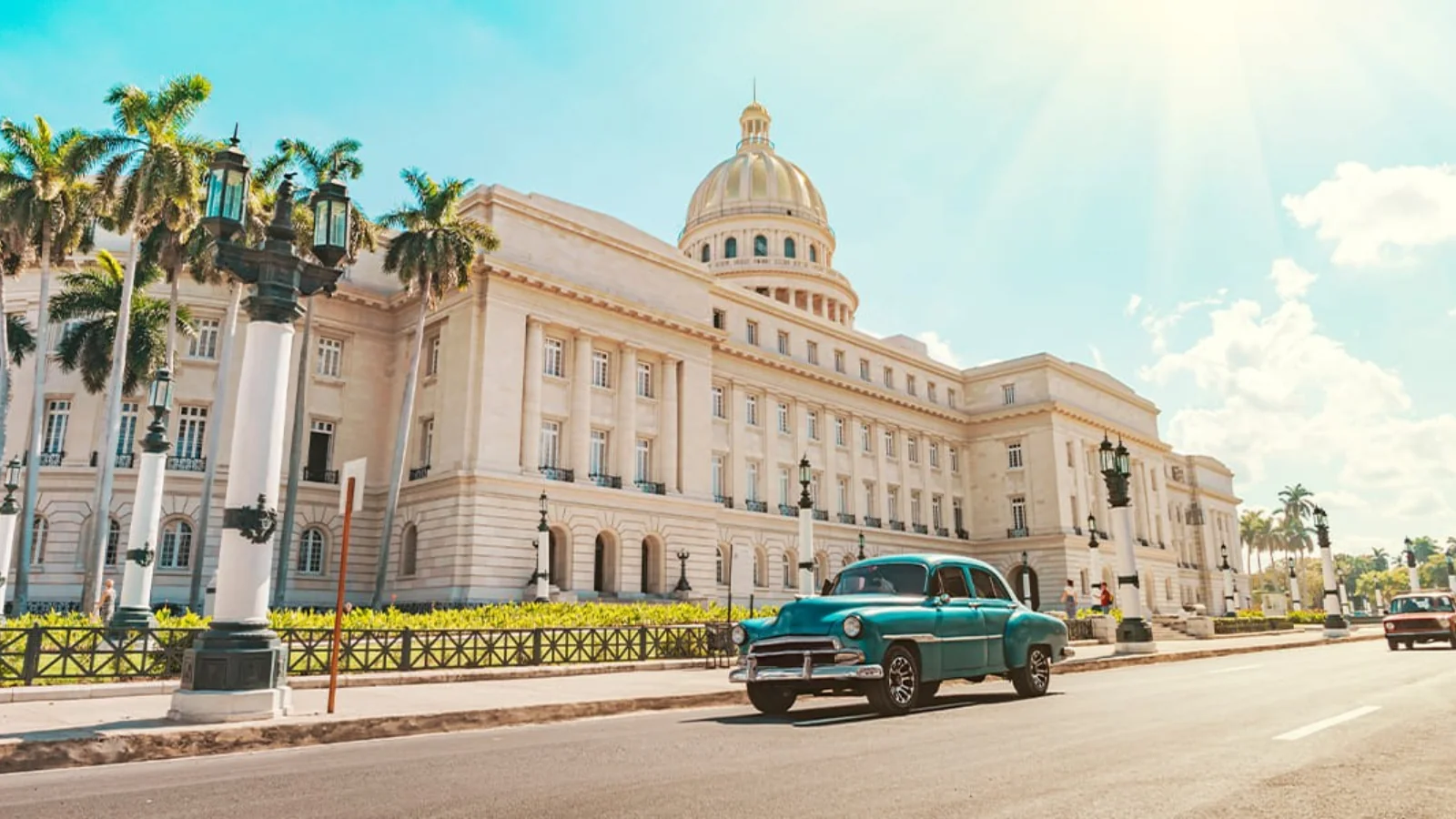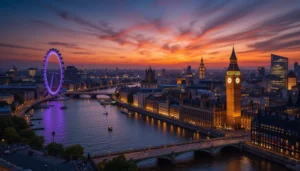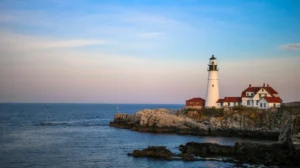- Home
- TRAVEL TIPS
- The Svalbard Islands: Best Time to Visit
The Svalbard Islands: Best Time to Visit
DigitalrezaidTRAVEL TIPS, Accommodation, Activities, DESTINATIONS1 month ago4.4K Views
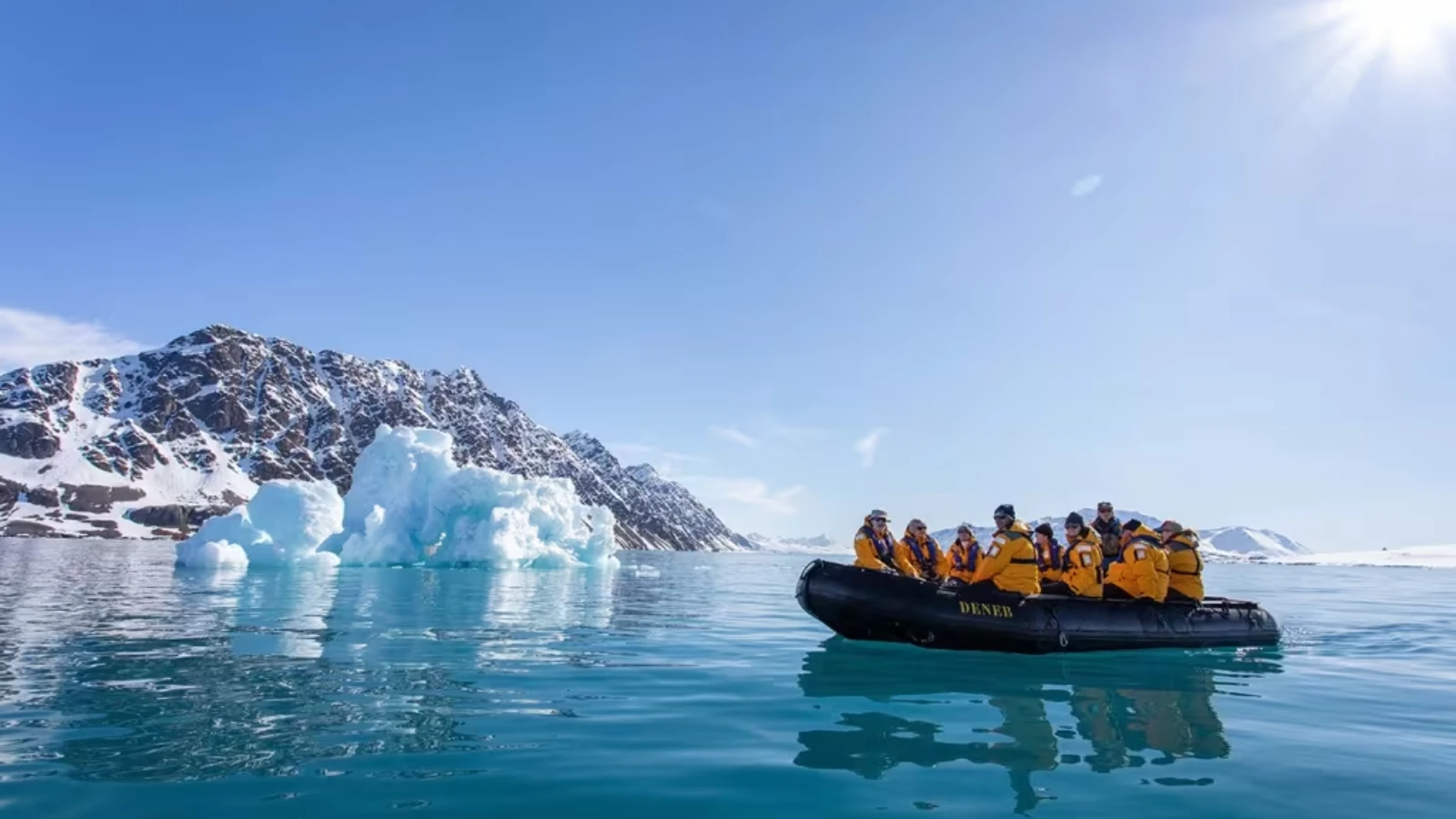
Svalbard, situated closer to the mainland of Norway and the North Pole, is by far the most magical, remote, and untouched land on this planet.
The otherworldly beauty of icy landscapes, polar bears, and the midnight sun are just a few of the things that distinguish the archipelago from others.
If the adventurer has what it takes to explore the Arctic, or if the eco-friendly adventurer has way too much disposable income, Svalbard is one unique place to visit.
So, before you pack your heavy thermal gear, it’s all about mapping Svalbard’s mountain weather, highlights in the seasons, restrictions on travel, and experiences to participate in while within Svalbard. Therefore, this is an ultimate guide to everything concerning these measures.
Svalbard:
Svalbard is an archipelago found in the Arctic Ocean. Longyearbyen is the heart of Svalbard:
- The fauna of the Arctic (including polar bears)
- Glaciers covered Landscapes
- Northern Lights and Midnight Sun
- Unique Research Stations.
- Small yet vibrant international community.
Access to Svalbard all year round is surprisingly easy and affords visitors an authentic wilderness experience combined with comfort.
Best Time to Visit Svalbard
Well, the best time to visit Svalbard depends on the travel goals you want to meet.
Top Tip For Visiting The Island:
If your primary intention is to see polar bears roaming freely, it can be done between late spring and summer, especially May to August; this is because most boat expeditions are operating, and less sea ice allows wider access.
Weather in Svalbard – Month-by-Month Breakdown
Even though the northern Svalbard lies along a high latitude, it boasts a relatively mild polar climate because of the Gulf Stream. This is what one might expect when visiting throughout the year:
The first part of the winter season, heads up, January and February are long, Polar Nights that have no daylight. Winter temperatures often range from -16 °C to -10 °C.
Despite the very long nights, this is the best time to explore the aurora, go on a dog sled adventure, or even see the ice caves.
Then we move into March to April, where you have spring light! Days get longer in spades, and the hubs of activity come alive. Winter temperatures typically range from -12 °C to -5 °C.
It is an excellent time to snowmobile, ski, or go ice hiking.
From May to August, you have Arctic summer! Experiencing the Midnight Sun and 24-hour daylight is completely unique.
The temperatures typically range from 1 °C to 10 °C; that is definitely a time for kayak, boat trips, or wildlife safaris.
Then we can hit September to October, which prepares us for the winter season and is colloquially referred to as the Autumn Glow when it starts to drop light at an unprecedented rate. Temperatures during this period typically range from -5 °C to 3 °C.
This is an incredible time for photographers, if you want to see the Northern Lights or go hiking.
November and December are again deep winter and Polar Nights and are again classified as dark and cold with temperatures that range from -15°C to -7°C.
This is the time for aurora tours and the opportunity to experience events in our local culture.
Who can travel to Svalbard?
One of the unique things about Svalbard is the open border.
Polar Bear Watching
Svalbard is one of those few places on Earth where you can see polar bears in their wild habitat. While there can never be a guarantee, your chances of spotting this fantastic animal can be improved by joining guided boat tours and snowmobile safaris. For more tips, here’s a full guide on how to see polar bears in Svalbard.
Tours of the Northern Lights
Between October and February, the darkness of night captures the sweetening northern lights. Spotlights can be delighted when joining local guides on night tours under the blurry vision of an Arctic dream achieved by snowmobile or sled.
Dog Sledding
One of those typical Arctic experiences: hurtling along valleys sealed in a hugely thick layer of snow, pulled by a team of husky-dogs, rarely misses winter travelers.
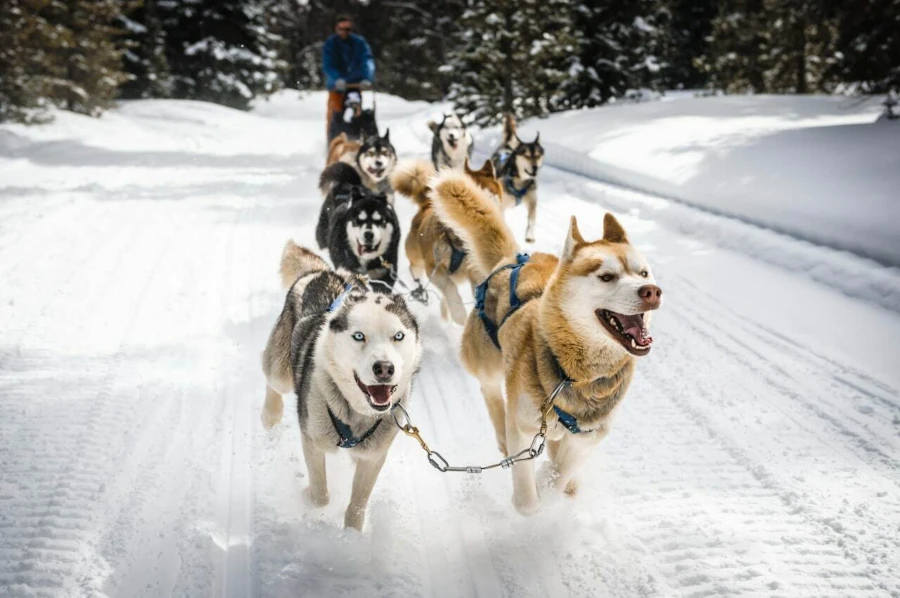
Glacier Hiking & Ice Caving
Strap those crampons on and travel through ancient glaciers in Svalbard, or go underground and find surreal blue ice caves hidden beneath the surface.
Snowmobiling
Cover vast distances and reach areas inaccessible on foot. Popular from February to May, when snow conditions are ideal.
Arctic Fishing & Wildlife Photography
Try your hand at Arctic char fishing, or take a photography tour to capture foxes, reindeer, and seabirds in their natural habitat.
Cultural Attractions in Longyearbyen
Don’t miss:
- Svalbard Museum
- North Pole Expedition Museum
- Galleri Svalbard (local art and crafts)
- Svalbard Brewery – the world’s northernmost brewery!
Travel Tips for Svalbard
- Main gateway: Longyearbyen Airport (LYR)
- Best connections: via Oslo or Tromsø, Norway
- Flights: Offered year-round by SAS, Norwegian, and other regional carriers
What to Pack
- Thermal layers (merino wool base)
- Insulated waterproof outerwear
- Arctic boots
- Gloves, beanies, face masks
- UV-protected sunglasses (summer) or a headlamp (winter)
- Travel insurance (mandatory for expeditions)
Travel Safety
Always travel with a licensed guide outside Longyearbyen.
Polar bear safety is taken seriously; firearms or flare guns are mandatory on hikes (guides handle this)
Weather changes fast; respect local advice and alerts.
Internet & Connectivity
- Good Wi-Fi in Longyearbyen
- Mobile signal coverage within the town
- Remote areas: limited or no connection
After your unforgettable Arctic experience, here’s a quick guide on how to leave a positive travel review to support local guides and businesses in Svalbard.
Final Thoughts:
Here, you will find everything coalescing into one surreal site: untamed nature, wild Arctic creatures, and human resilience. Whether it be the polar silence of winter, the never-ending light of midsummer, or the magical flicker of the Northern Lights, Svalbard has something to give in terms of cherished memories to any visitor.












